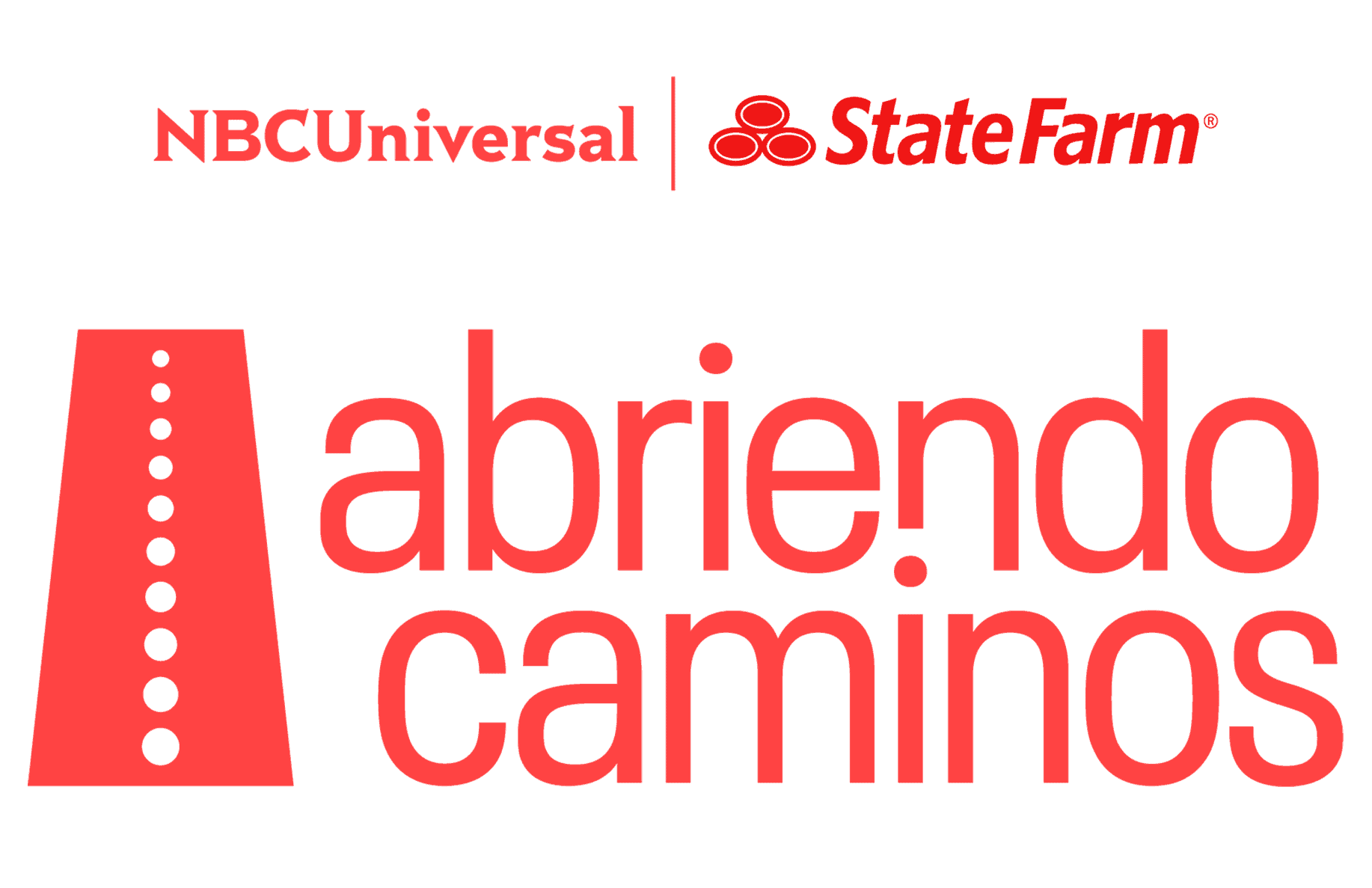
A continuación, un artículo de State Farm Simple Insights® fundacion financiera para autonomos.
Get some great financial tips to help you get better control of your business and personal budgets.
Let’s form a financial plan for freelancers today with some brilliant insights, relevant coaching and practical credit tips
Calling all freelancers: It’s time to take control of your finances. This article delivers the tools, support and lessons you need to help you reach your financial goals.
Breaking down Financial Foundation for Freelancers
This article is conveniently divided into shorter segments so you can enjoy each on your own schedule. Subjects covered include:
- The financial differences of freelancing
Take a quick look at what defines and differentiates work life for freelancers. - Great ways to set financial goals
Listen closely to this conversation about the benefits of creating financial goals. - Budgeting for you and your business
Business and personal budgets should be separated to help you stay organized. - Build a small business benefits package
Be a great boss to yourself! Learn how to build a sound benefits package in this video. - Getting your credit in order
Get to know what impacts your credit so you can plan to grow your business — profitably.
Download these financial tools
Check out and download the Financial Foundation for Freelancers worksheet as soon as you can. It works as a guide and offers space to take notes as you get on the right track to forming a solid financial foundation.
Running a business on your own doesn’t mean you are alone. Use the guidance in this course to help you construct a budget and benefits to protect yourself and your business.
You don’t know what you don’t know. So, let’s get started on building a financial plan that works for self-employed freelancers.
Freelancing: Getting a lay of the land
Freelancing offers a ton of variety and freedoms. Typically self-employed, freelancers have the opportunity to choose which projects or companies they’ll work for, and which ones they won’t.
Work can be hit or miss, so planning and budgeting are essential to help pay the bills through less busy times. Ultimately, the best way to handle the ebbs and flows is to plan.
Write out your financial goals
Where do you want your business to take you? Where do you see yourself in three, five or 10 years? How can your business help you live the life you’ve dreamed of?
Freelancer’s tip: Goals are important — writing them out is even more so. Write out your goals and keep them visible.
Grab a pencil and paper to write out your goals, and be sure to assign some dollar signs and deadlines to each of them so you can keep track of how you’re doing. A little bit of determination and diligence can help get you where you want to be, and create an added sense of fulfillment in your work.
You’ve got to keep them separated
Your name may be on your business sign, but when it comes to budgeting, keep business and personal expenses separated. One budget helps keep your operations rolling, the other helps you keep food on the table.
Both business and personal budgets need to consider three different types of expenses: fixed, variable and non-monthly. The Financial Foundation for Freelancers worksheet is a tool to help you itemize and calculate where your money needs to go.
Freelancer’s tip: Build an emergency fund to help you stay afloat financially when the unexpected happens. Grow your savings to cover six to nine months of expenses — you’ll rest better knowing it’s there.
Lastly, don’t forget about planning ahead for those non-monthly expenses — check out the video for some great tips.
Don’t neglect your benefits
Self-employment is hard work — there’s no doubt about it. So, make a way for every dollar you earn to help you. Plan for expenses and work towards building a benefits package that can protect your future.
Health insurance, life insurance and disability insurance are all important to factor into your budget.
If you get sick, how will your bills get paid? Same question applies to if you’re injured on the job.
Your life’s responsibilities deserve your foresight and planning. From insurance to retirement planning, plot out what finances you’ll need to keep all you work for and love protected.
Keep a solid credit score
The phrase “it takes money to make money”resonates with freelancers. Building a client base, traveling to and from your jobs, buying equipment or even just getting your feet on the ground all costs money. More often than not, these expenses require borrowing money.
Credit is a measure of your financial responsibility that has an impact on your business and personal finances. Given everything you have on the line to grow your business, good credit could be a great help.
Freelancer’s tip: You can check your credit report at AnnualCreditReport.com.
Learn what factors impact your credit score.




